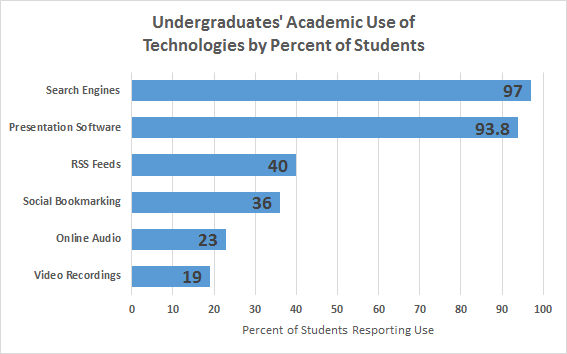Recent advances in quantum computers have brought information technology one step closer to a true quantum leap in processing power. The implications are vast and massive improvements in fields as disparate as artificial intelligence and drug development will come rapidly upon their implementation. However, the ability to juggle mammoth amounts of information has also caused concern in the security world where quantum computing has the power to break into the majority of the world's encrypted information.
Quantum computers' aptitude at finding 'best' solutions to complex problems will significantly advance information processing services and research
| D-Wave Ones, the first commercial quantum computers, were sold to Google and NASA for $10 million each Source: D-Wave Systems |
The first commercially available quantum computers (made by the company D-Wave) were quickly purchased by large companies and government entities such as Google and NASA as one means of tackling this.
The greatest driver of corporate and government interest is the search for optimal solutions. Optimization problems involve finding the 'best' solution to a problem. A problem can be finding flights to five different countries. An optimal solution would be finding the cheapest price. Many problems, however, have multiple factors competing for optimization. The 'best' series of flights, in addition to minimizing costs, would maximize comfort and limit layovers.
Considering all of these factors and more for fields such as climate modeling and drug development requires massive computing power. In the latter, protein folding modeling involves overseeing an innumerable number of interactions that is oftentimes daunting to process on a classical computer.
As the ability to accurately do so is related to the successful development of new medicines, computing power is a massive bottleneck to already expensive drug production. Professor of Physics and Quantum Computer Researcher Chris Lobb of the University of Maryland predicts that quantum computers, much more efficient than traditional computers in this regard, can greatly simplify the process.
As the ability to accurately do so is related to the successful development of new medicines, computing power is a massive bottleneck to already expensive drug production. Professor of Physics and Quantum Computer Researcher Chris Lobb of the University of Maryland predicts that quantum computers, much more efficient than traditional computers in this regard, can greatly simplify the process.
The timeline of quantum computer development is subject to financial forces. Lobb states that the pace of commercial computer development will hinge primarily on corporate interest. Depending on the value companies place on quantum computers, he says, we may be able to see the computers in commercial action in as soon as five to ten years.
Ability for quantum computers to break popular methods of encryption likely to cause widespread change in how information is protected
The development of quantum computers is not without potential problems. A large scale quantum computer introduced today would wreak unfathomable havoc on the world. The computational power of a quantum computer would possess the ability to crack open secret information like an egg. The vast majority of the secured, private information on the internet would become ripe for harvest. Lobb predicts that it would likely result in the collapse of the world's financial markets.
Popular social media websites such as Facebook and Twitter as well as financial entities such as banks make extensive usage of a form of encryption known as RSA. With RSA, websites can send, receive, and store private information without reasonable fear that a third party will steal it. Its popularity is due mostly to the fact that reliably breaking through RSA takes too long for classical computers to reliably break. However, quantum computers have the power to make quick and consistent decryption a reality.
The quantum computer's importance in information security can be easily seen in the National Security Agency's marked interest in the technology. Recent leaks by Edward Snowden have shown the vast extent of the agency's data collection efforts. The ability to achieve quantum computing capability allows the agency to both gather data before encryption is updated as well as undertake the measures necessary to safeguard its own data. To that end, it has invested around $80 million on both public and classified quantum computing research projects.
However, there exists a number of encryption methods that will not crumble in the midst of quantum computers. Methods such as Hash-based cryptography and Code-based cryptography have proven thus far to be resistant to both classical and quantum means of encryption breaking.
The only advantage RSA possesses over alternative means of encryption is efficiency (it takes less processing to produce the same security). As the threat of a quantum computer becomes more and more real, the efficiency consideration is likely to give way to a transition to more secure encryption systems.
The only advantage RSA possesses over alternative means of encryption is efficiency (it takes less processing to produce the same security). As the threat of a quantum computer becomes more and more real, the efficiency consideration is likely to give way to a transition to more secure encryption systems.



